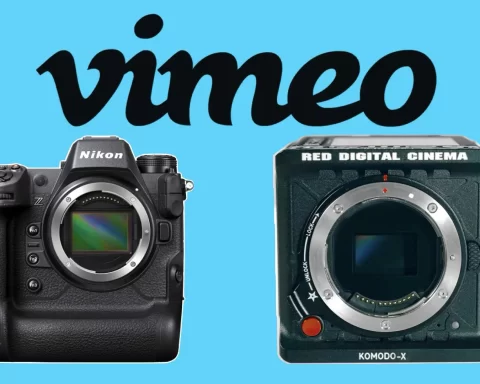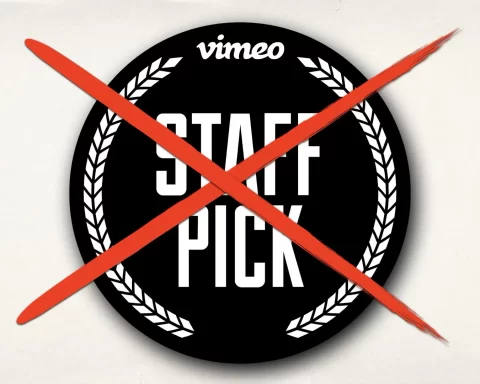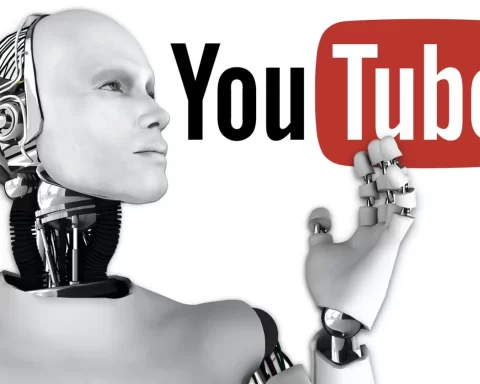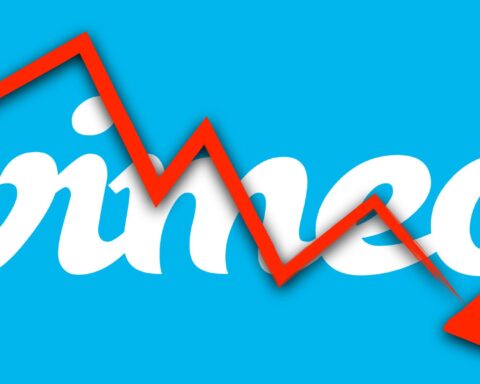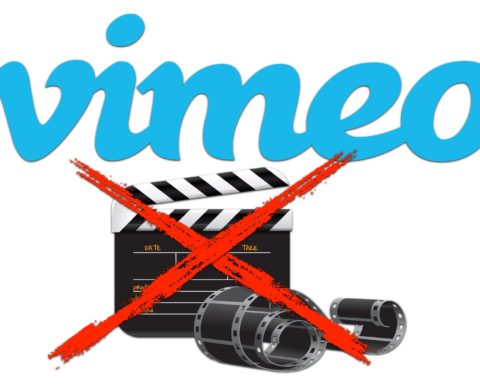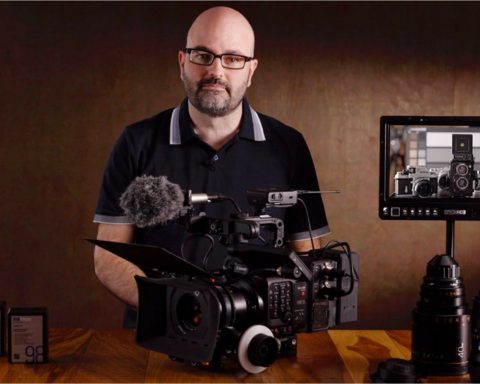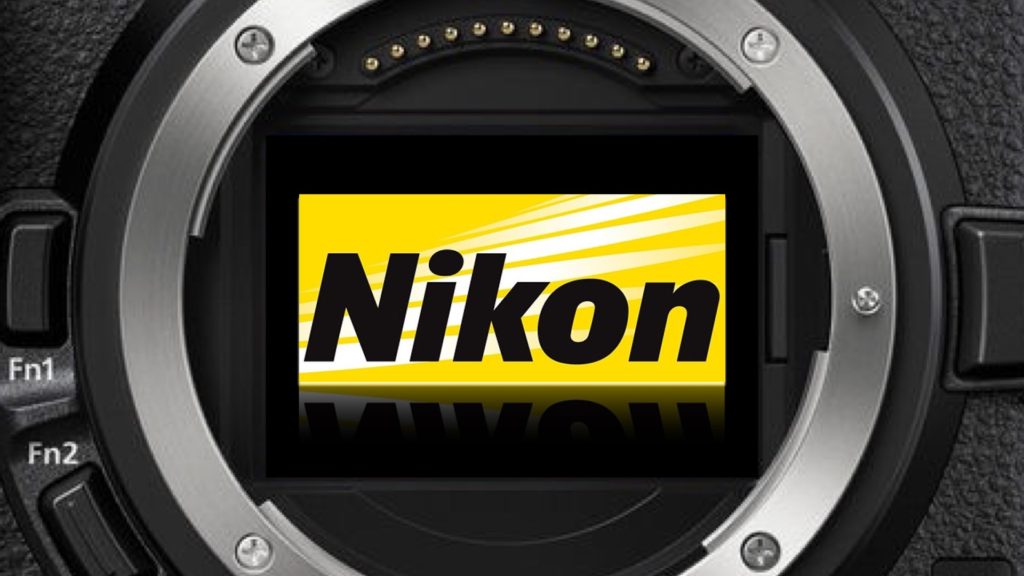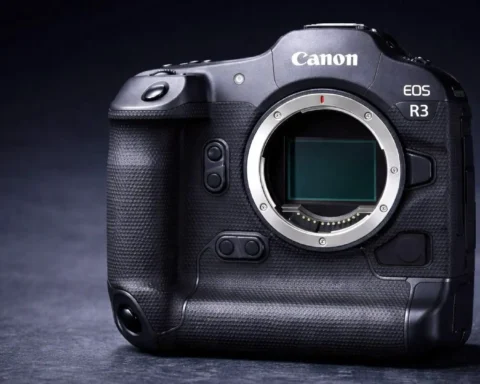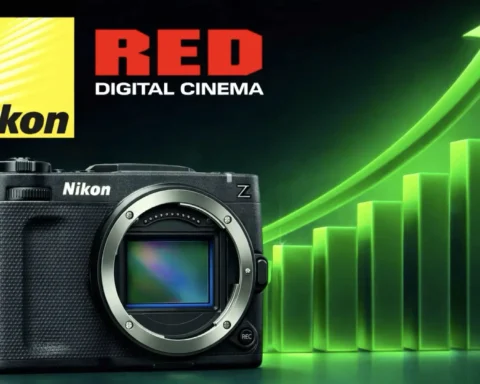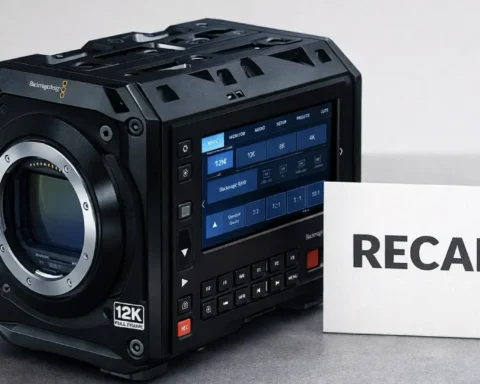The Commercial Court of Rome has decided that Vimeo will pay a penalty of $9,700,000 (8.5 million Euro) to R.T.I (a Mediaset Group Company) for copyright content infringement. This important verdict impacts YouTube and Facebook as well. Read below.
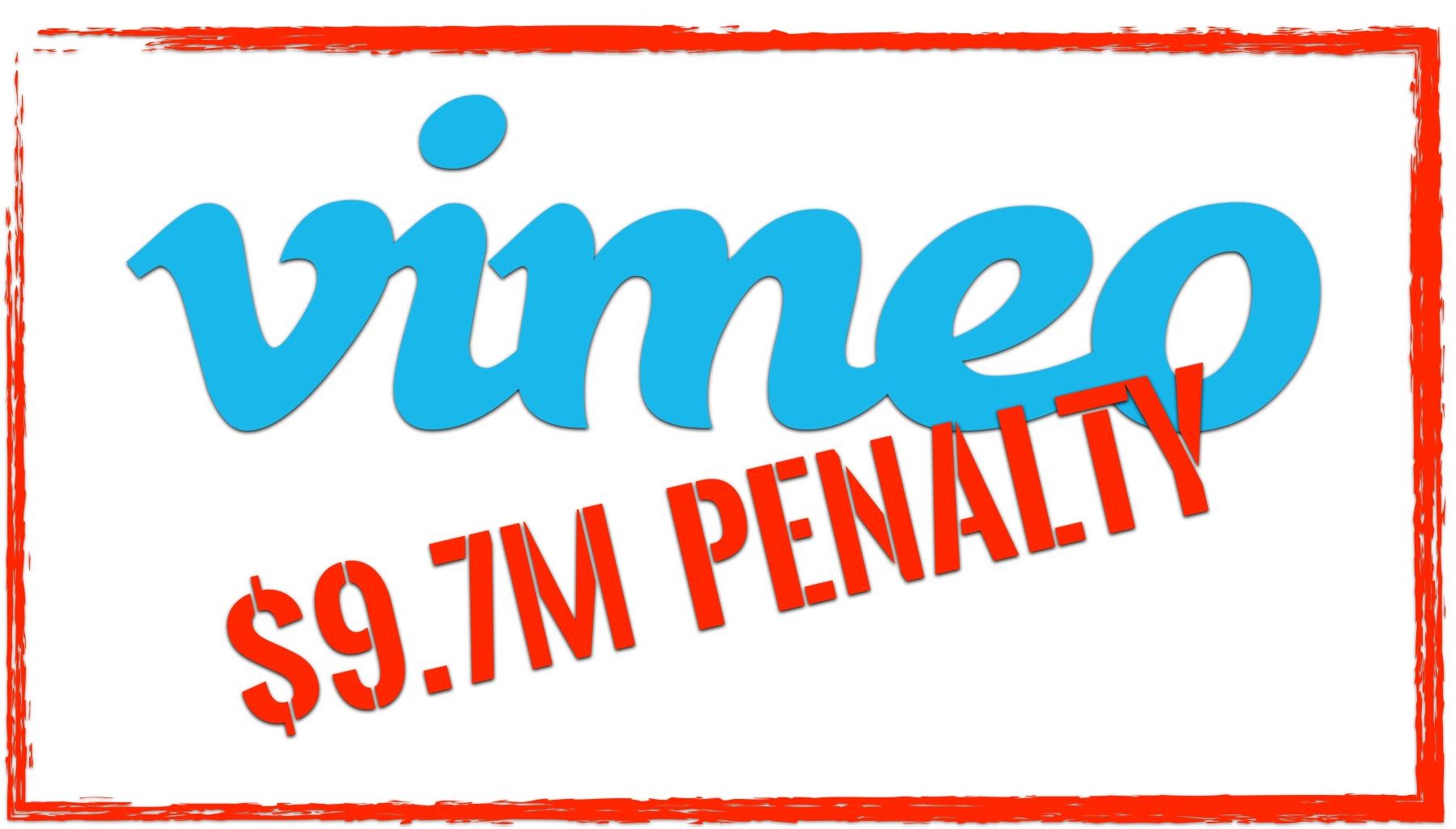
Vimeo users uploaded copyrighted materials
Apparently, since 2012 Vimeo users have been uploading content from RTI TV shows straight to Vimeo without any permission. RTI is a company owned by Italy-based mass media giant Mediaset. Till the present time, the list of infringed content grew to more than 2,000 copyrighted works. No action has been done by Vimeo. Moreover, Vimeo has refused to remove the infringed content.
Till the present time, the list of infringed content grew to more than 2,000 copyrighted works.
We don’t know if Vimeo was sending copyright notification to those users. However, Mediaset brought Vimeo into Court to ascertain its responsibility for allowing the diffusion of videos for which R.T.I had the exclusive rights of exploitation. Furthermore, R.T.I had sent multiple warnings to Vimeo outlining the programs which were violating its exclusive rights and identifying,

Vimeo has refused to remove the infringed content
As written above, Vimeo has refused to remove the infringed content and ignored Mediaset’s takedown requests until now. Vimeo based its decision on the 2000/31/EC Directive. Vimeo defined itself as a neutral “Safe-Harbor” platform, by claiming that it’s only a passive hosting provider. Vimeo’s argument was that the system used to classify, tag, categorize and index videos, in order to improve the users’ experience, was carried out by automatic software.
Vimeo has refused to remove the infringed content and ignored Mediaset’s takedown requests until now
The “Safe-Harbor” exemption of Directive 2000/31/EC
In order to address the definition of Safe-Harbor”, let’s quote the relevant section from the PROPOSAL FOR A DIRECTIVE ON COPYRIGHT IN THE DIGITAL SINGLE MARKET: “Over the last years, the functioning of the online content market has gained in complexity. Online services providing access to copyright-protected content uploaded by their users without the involvement of right holders have flourished and have become main sources of access to copyright-protected content online. Online services are means of providing wider access to cultural and creative works and offer great opportunities for cultural and creative industries to develop new business models. However, if they allow for diversity and ease of access to content they also generate challenges when copyright protected content is uploaded without prior authorization from right-holders. This affects right-holders’ possibilities to determine whether, and under which conditions, their work, and other subject-matter are used as well as their possibilities to get an appropriate remuneration for it, since some user-uploaded content services do not enter into licensing agreements on the basis that they claim to be covered by the “safe harbor” exemption of Directive 2000/31/EC.”
Online services providing access to copyright-protected content uploaded by their users without the involvement of right holders have flourished and have become main sources of access to copyright-protected content online.
In simple words, the directive 2000/31/EC tries to settle the sensitive legal boundaries between user, “Passive” hosting platform (like Vimeo) and the original content creators (copyright owners). The Directive aims to free the hosting platforms for being fully responsible for users’ content infringement, in order to unleash users’ freedom of creativity.
The directive 2000/31/EC tries to settle the sensitive legal boundaries between user, “Passive” hosting platform (like Vimeo) and the original content creators (copyright owners).
Vimeo as an active platform
In spite of that, The Commercial Court of Rome was not convinced and determined that service providers who play an “active role” including “cataloging, indexing and commissioning” content cannot benefit from the safe harbor exemptions offered by the Directive 2000/31/EC.
Passive hosting provider vs active role and responsibility
The Court rejected Vimeo’s claim on the basis that the extremely advanced technology of the software, deployed to organize and exploit the videos, contradicts the nature of a “passive hosting provider”. From the evidence provided the Court concluded that the Vimeo platform, which also provides a search engine to facilitate the users’ experience, is comparable to a video-on-demand service where AV content is cataloged and indexed. In other words, Vimeo is not a neutral service, but a sophisticated platform which has the abilities to scan, flag (fingerprinting technology), sort and filter copyrighted content. That means playing an active role and thus can not be included in the “Safe-Harbor” definition.
Vimeo is not a neutral service, but a sophisticated platform which has the abilities to scan, flag (fingerprinting technology), sort and filter copyrighted content
The Court described Vimeo as acting as a video on demand (VoD) service for RTI content without any compensation nor authorization and ordered to pay €8.5 million penalties to Mediaset and to publish details of the ruling on Vimeo’s home page. We should wait and see if it will be published.
Facebook and Youtube implications
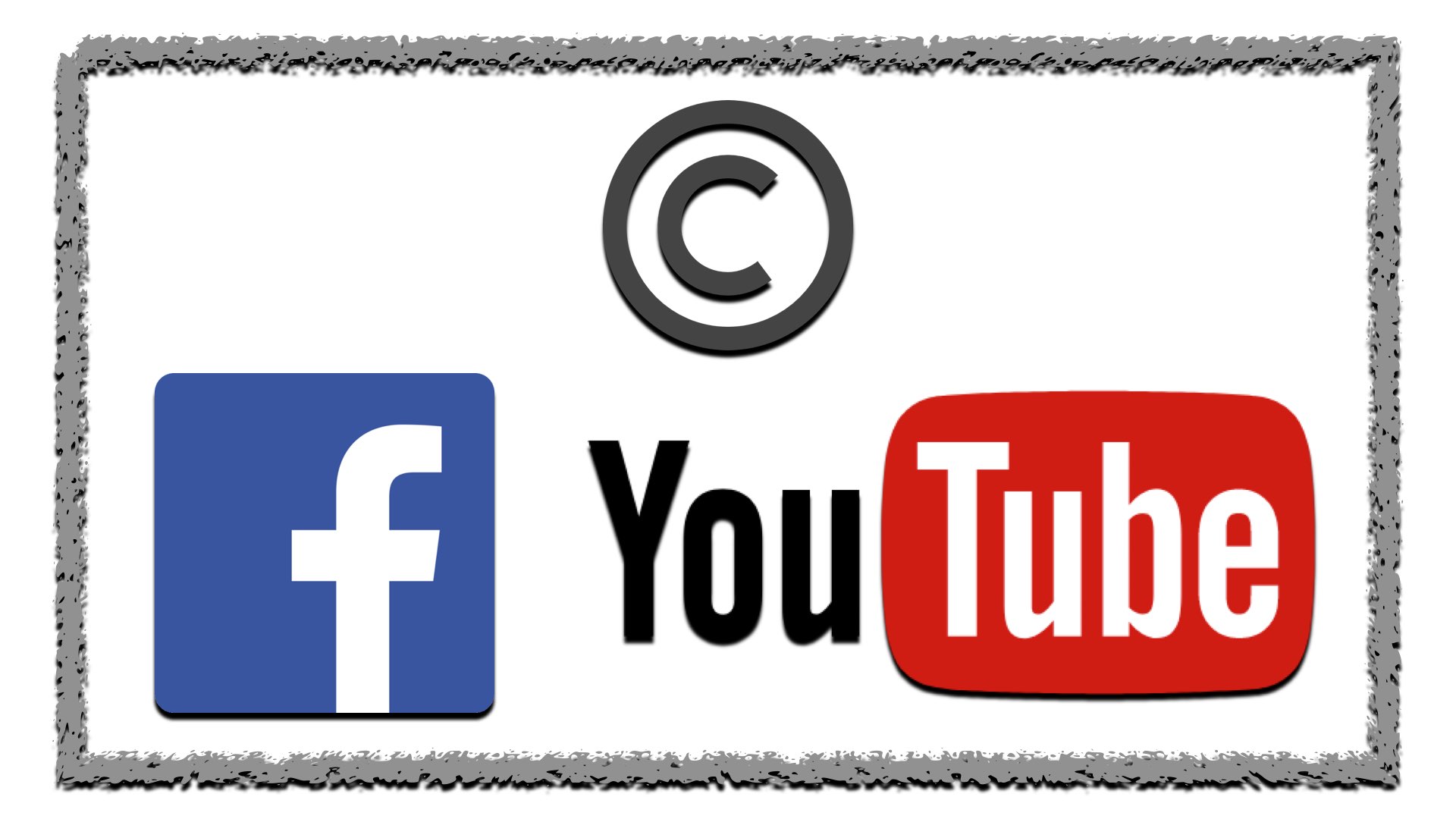
This verdict can be constituted as a massive legal precedent for other social media “passive” platforms like Facebook and Youtube. Should they be worried? We’d love to hear your insights.

